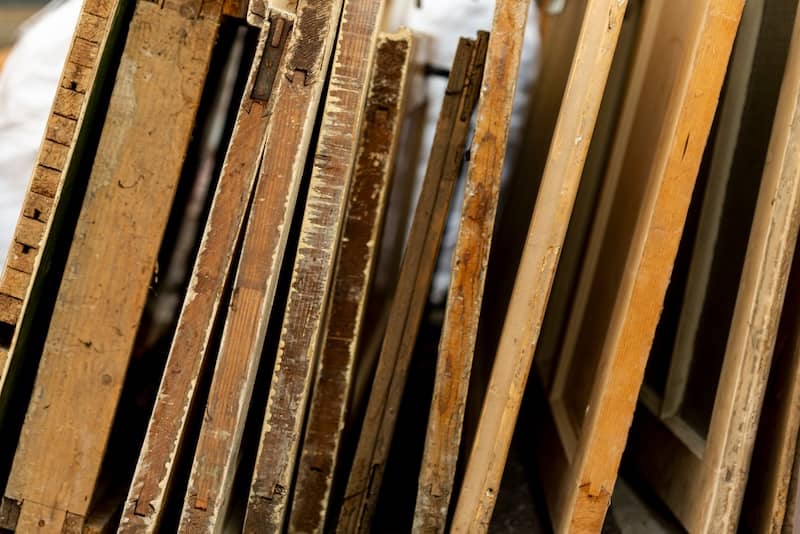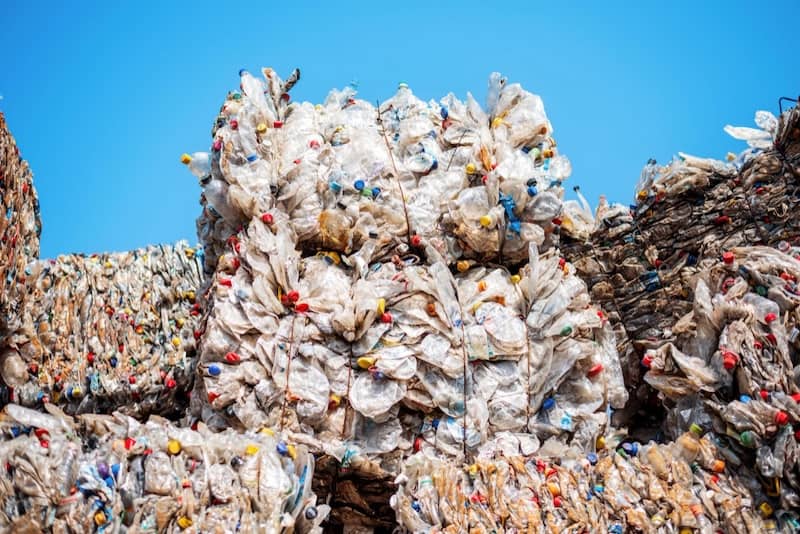According to statistics released by the US Tire Manufacturers Association (USTMA), tire recycling efforts are not keeping up with waste tire production. Tire recycling hit a record high in 2013. A whopping 96% of tires found their way to tire recycling facilities instead of stockpiles or landfills. Unfortunately, by 2019, that number had dropped to 76%, highlighting a possible opening in the market for more rubber recycling plants. Recycling waste tires is a great business opportunity that benefits the environment, but can your market support a successful new start-up?
Understanding what it takes to be a profitable recycler requires a detailed analysis of the area in which you want to set up shop. Staffing and equipping a new recycling plant are significant investments. Knowing that you have done your homework and that you stand to make a profit is essential.
The Competition
The most vital piece of information you need to know is where your competition lies. Are there other tire recyclers in your area? If so, what services do they offer their customers both in terms of tire collection and recycling end products? If you want to beat the competition at their own game, you will need to identify and tap into markets they are not currently serving. Determine ways that you can improve upon their weaknesses or offer better services. If you can’t provide the customer something better, you will not win their business.
If there are no companies currently operating in your target area, have there been in the past? Recyclers who have tried and failed to establish a thriving business may leave residents with a sour taste in their mouths, making your job more difficult. Find out why they weren’t successful and be prepared to address public concerns if you choose to move forward.
In addition to competing for customers, you may also be competing for materials. The raw materials your recycling business requires are not something that you can shop around or source from overseas to get a better deal. The number of waste tires produced by consumers and businesses within a 150-mile radius is a limiting factor in the amount of product you and your competition will be able to make. Is there enough to support your business as well as any competition you may have?
Transportation Logistics
Moving large quantities of tires is one of the most significant costs associated with waste tire recycling and finding a budget-friendly solution is imperative to preserving your business profits. While some recyclers opt to transport tires using their own fleet of vehicles, others contract that work out to other companies.
Not every truck driving down the highway is completely full. You may be able to buy space on an “as needed” basis on fleet vehicles with smaller loads or returning home from a delivery. Depending on your location, one option may work better than the others.
According to the industry rule of thumb, you should expect to pay roughly one dollar for every mile you transport a tire, regardless of shipment size. However, you can collect a nominal fee for picking up tires. When you weigh that cost of transportation against the income from fees, the two values balance each other out, as long as you don’t exceed 150 miles in distance. Picking up tires at greater distances eats into your profit margin.
Permitting Requirements
Because of the materials, noise, and possible hazards associated with tire recycling, many states and localities require recyclers to obtain permits before they open for operation. Permits may be required for:
- Transporting Tires
- Air Quality Controls
- Fire Hazards
- Scrap Tire Storage
- Public Health Concerns
- Tire Recycling
Some states also require sizeable deposits to obtain such permits, as it can be costly to clean up a recycling site if the company vacates it. This deposit assures local and state authorities that you have a plan to make your recycling plant profitable and incident-free.
Commercial Space
Land use laws, environmental codes, and local zoning will impact your choice of locations. You will need to ensure that you have enough land to house your recycling equipment line and store waste tires and recycling end products. Commercial sites should have easy access for trucks that will not disturb neighboring areas.
On your property, you will need to develop a plan for managing and responding to environmental hazards. Anywhere tires are stockpiled, mosquitos can be a problem. Mosquitos often lay their eggs in the shady pools around the perimeter of tire piles. Storing tires in the sun and rotating them frequently can help minimize the problem.
Tire fires are difficult to extinguish and produce toxic chemicals that pollute the air, soil, and groundwater. They can burn for days, weeks, or even months. Minimizing the risk of tire fires starting and having a plan for putting them out as quickly as possible is imperative to stay in business. It may be necessary to coordinate efforts with local fire authorities and to have sand on hand to smother fires that do start.
Sales Possibilities
Locating nearby customers for your end product is essential. The type of material your customers need will likely determine what kind of products you should produce. A good starting point for a new start-up is tire-derived fuel. It requires little processing and, therefore, few pieces of large equipment, bringing start-up costs down. In the future, you can add additional equipment to further process rubber into smaller shreds or crumb rubber for other uses.
As TDF is mainly used in cement kilns and paper mills, you will need to locate such facilities to determine whether they are interested in this TDF. Adopting this rubber-based fuel may take time if they are currently using another type of fuel. Incentivizing the change by offering a less expensive product can be helpful.
Civil engineering projects are another excellent use for tire shreds or, in some cases, whole tires. Tire-derived aggregate can replace stone, soil, or other types of fill in retaining walls or used as backfill. It is a great drainage media and works well in septic drain fields. Past use of this type of product in your area may be a good indicator that it may be well-received as a building material in future improvement projects.
Once you have thoroughly established the feasibility and profitability of waste tire recycling in your area, you will need to determine which equipment to purchase. At ECO Green Equipment, we have an extensive line of tire recycling equipment for sale. We design our products to work together to produce a wide variety of recycled rubber products. They are easy to maintain and are built to last to reduce downtime at your facility.




